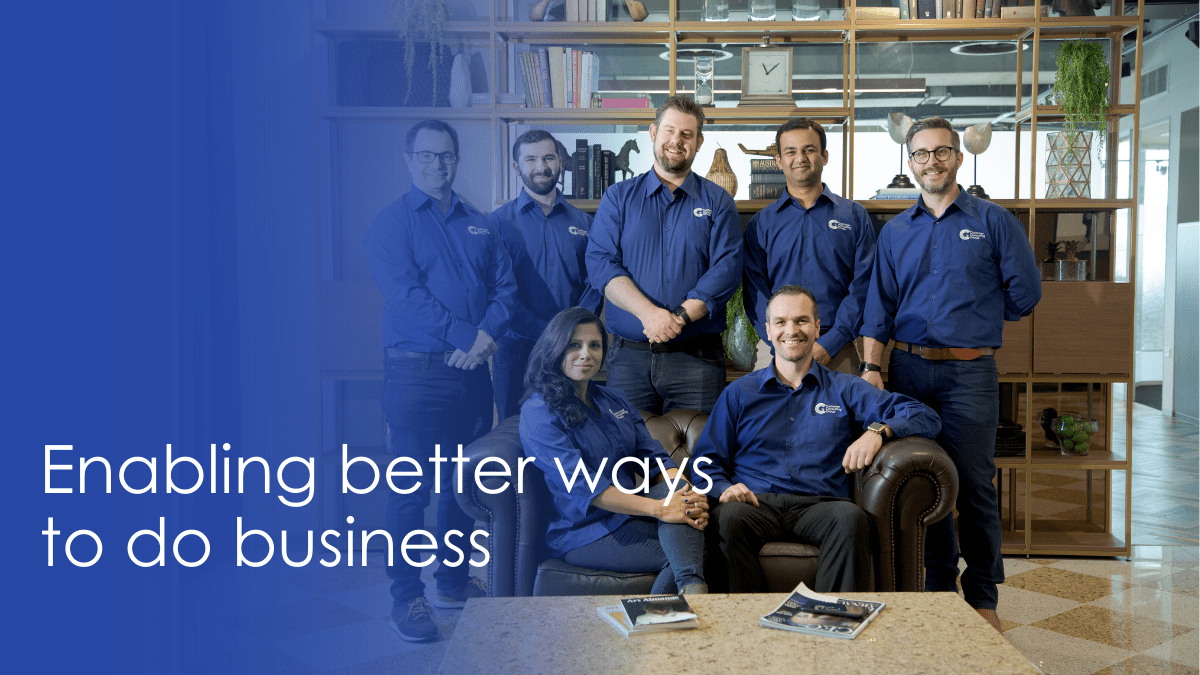Make that sale!
Imagine the scenario;
You've researched your heart out and are fully armed with information and statistics, ready to walk in to the sales meeting with your head held high and an enthusiastic grin. There's no way you can't come out of this with a signature on that service contract in your briefcase, right?
It's easy to fall into the too-smart or too-confident category when making a sales pitch. However, with a more innovative mindset and less aggressive tactics, you can make your point without making your next potential clint want out before they're in.
Here are 6 ways you can avoid bombing the next pitch you make, without underselling your product, service or skillset.

Avoid the Sales Spiel:
Everyone is familiar with the long-winded monologue by the sales rep. It's a product dump in diguise and has nobody fooled.
Instead of over-explaining and underestimating your potential buyers knowledge, provide helpful material your listener can read in their own time. This will help you to endure the occassional silence during the audience's moments of consideration, and won't leave them feeling as if your product is going to trump their vision or buying goals. They are less likely to tune out and disengage when you are talking about how you can help them, rather then having a one-way conversation about all the features your product has.
Be comfortable knowing you don't know it all:
It's a tough time having to talk about the same thing over and over again with varius prospects, but don't let this lead you down the trap of thinking you know what they need. Guide your audience to their own conclusion with well-timed questions about what pains them the most about their current product/service, and why they are looking for a better alternative. Use your own experience and wisdom in smaller doses that help the prospect to verbalise their own goals, challenges and decision-making. You need to employ effective listening actions here, so you are able to fill in the blanks when your audience looks to you for an answer.
Don't worry, silence is not deadly:
You're in sales, we know you can talk. But speaking to the above point, can you listen just as well?
By being the only one filling the silence, you are now effectively wasting your audience's time and your own. Noone enjoys being talked at, so leave plenty of space for the client to 'umm' and 'ahh' over the points you've raised, allow them to give you more information then you may need, because you cannot assume when they are going to give you the gold nugget that opens the floor to you driving that final point home about why they want to invest in you.
Restrict brand comparisons:
You know you are selling a superior product/service, this can best be exemplified by your confidence when you talk and answer questions about it.
Sometimes, we see sales reps go into the 'us' versus 'them' pitch, where they compare their product/service to another competitor. This is most dangerous when you are making defensive comparisons between your product/service and the one the prospect is already using.
While it's important to talk about the competition to a degree, a good pitch should only do so when a prospect brings it up themselves. Slow yourself down and hear out their concerns as well as the features they like about it instead of talking the competitor down. This way, you won't deviate from the reasons your product/service and your company would be a better fit for the prospect, and really shows the audience how passionate you are about enriching their lives or business, without highlighting any insecurities you have.
Exclude interrogation tactics:
On the same tone as mentioned above, well-timed questions are a key to success in a sales pitch. There is, however, a thin line between gathering information and staging an interrogation. This can be intimidating and cause more confusion when the prospect is trying to highlight their challenges and set goals.
Also, asking very pointed, personal questions such as 'May I know what deal you have with X company?' or 'What's the price you are currently getting from X?' can immediately send a prospect running. They will divulge that information when they are ready and should not be forced into it. You can instead try to explain why you want certain information if it's feeling on the brink of private, and how it may effect the deal you are able to offer them. Be candid with your responses, and accept that you do not immediately have someone's trust at first meeting. Allow the audience to feel in control of the conversations and has ownership in the sales process.
You are not too good, too smart or too valuable for your prospect:
A common experience amongst buyers is the sales rep begins by showing interest in them, maybe asks some questions, and then loses interest in what they're saying completely, potentially cutting them off or even slowing their speech to meet the prospect at a perceived level of intelligence, creating a barrier of condescension and distrust.
Not only is this a very poor practice of sales and customer service, it also loses repeat business to competitors almost immediately.
As a sales rep, you cannot leave your prospect feeling like they are too 'dumb' to understand your product/service, or that your time is not worth theirs. Show modesty, and you will show your skills are valuable. Portray the ability to explain a product/service to people across many intelligence levels, your will show your knowledge and passion. If you want to win the sale, you must understand that there will always be someone who can outshine you, then set your goals to do better each time you pitch.

